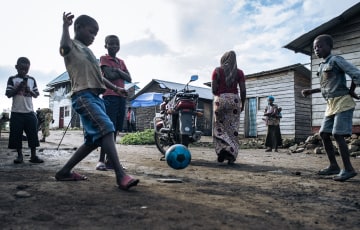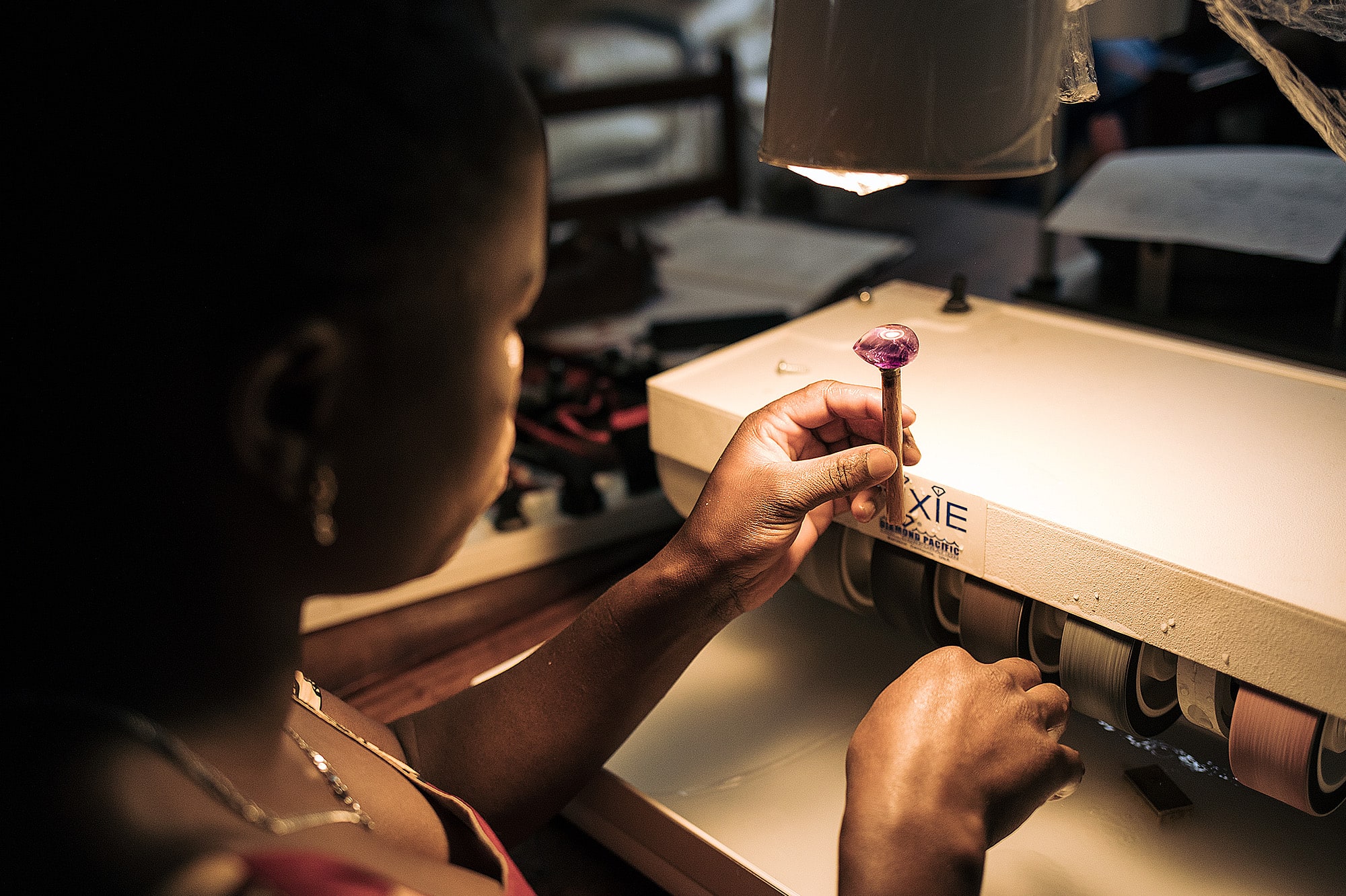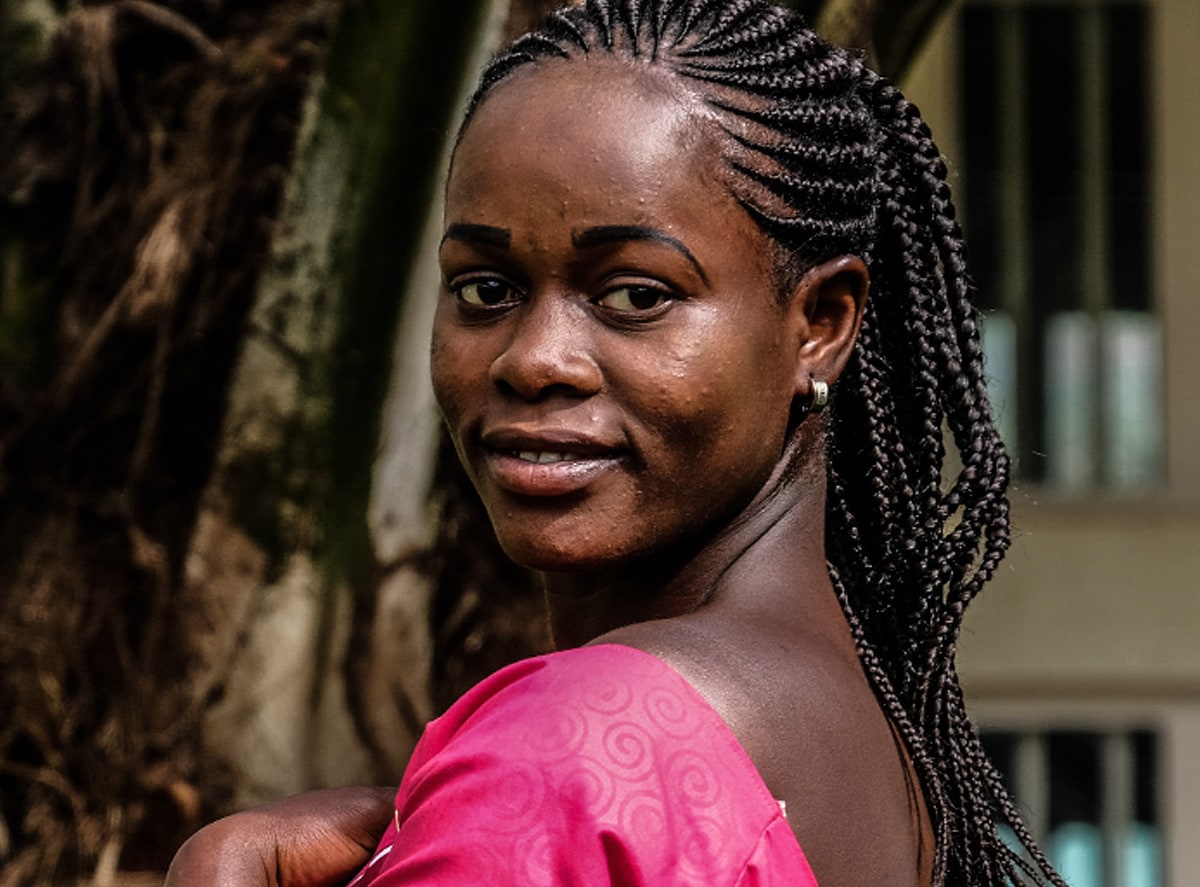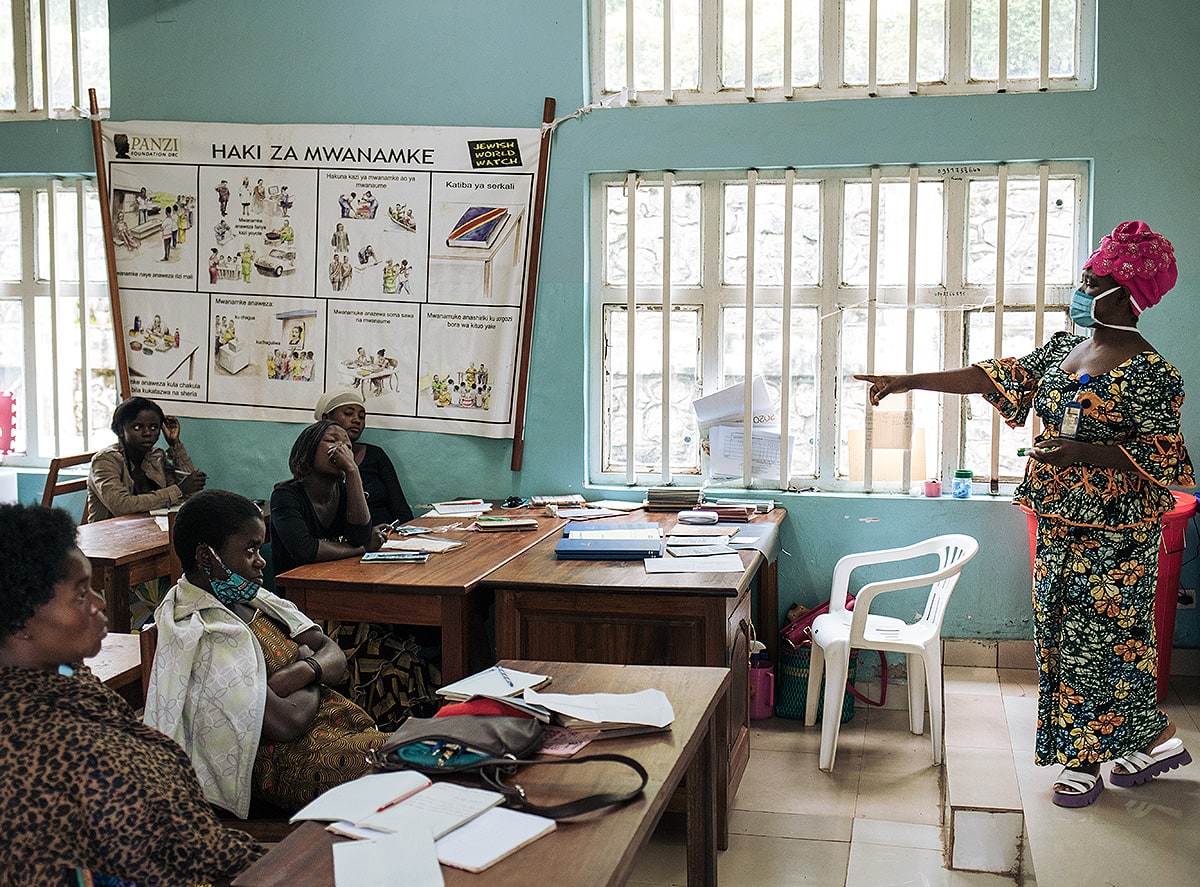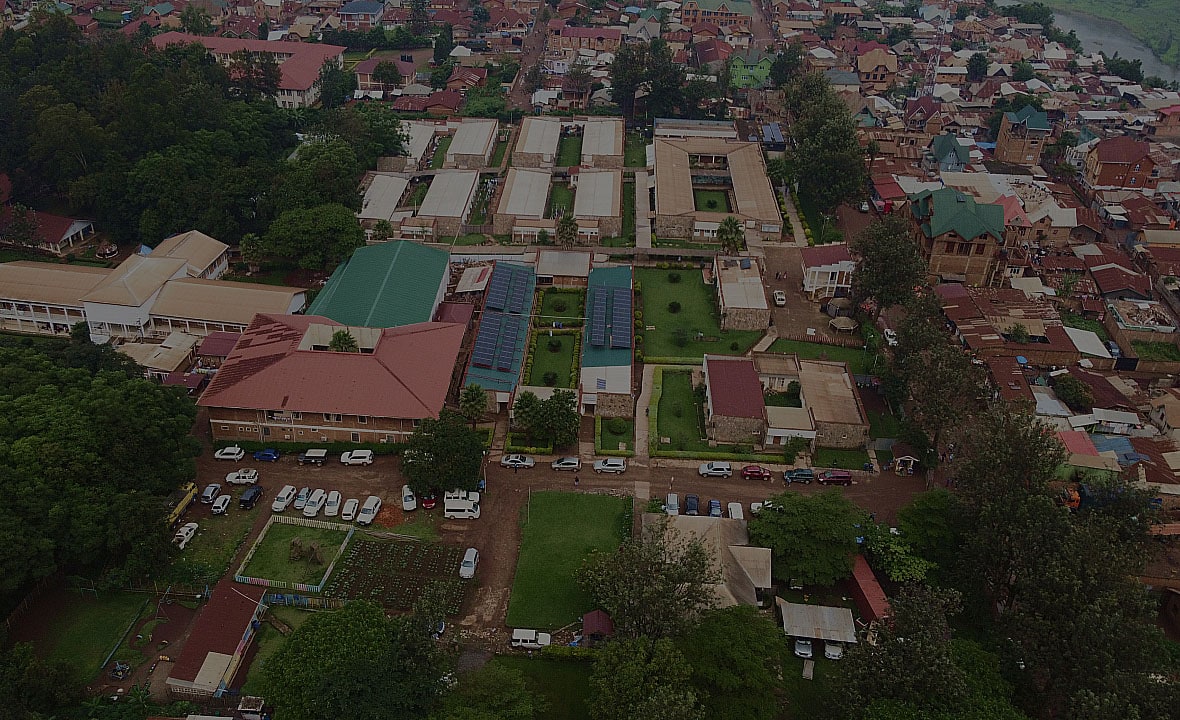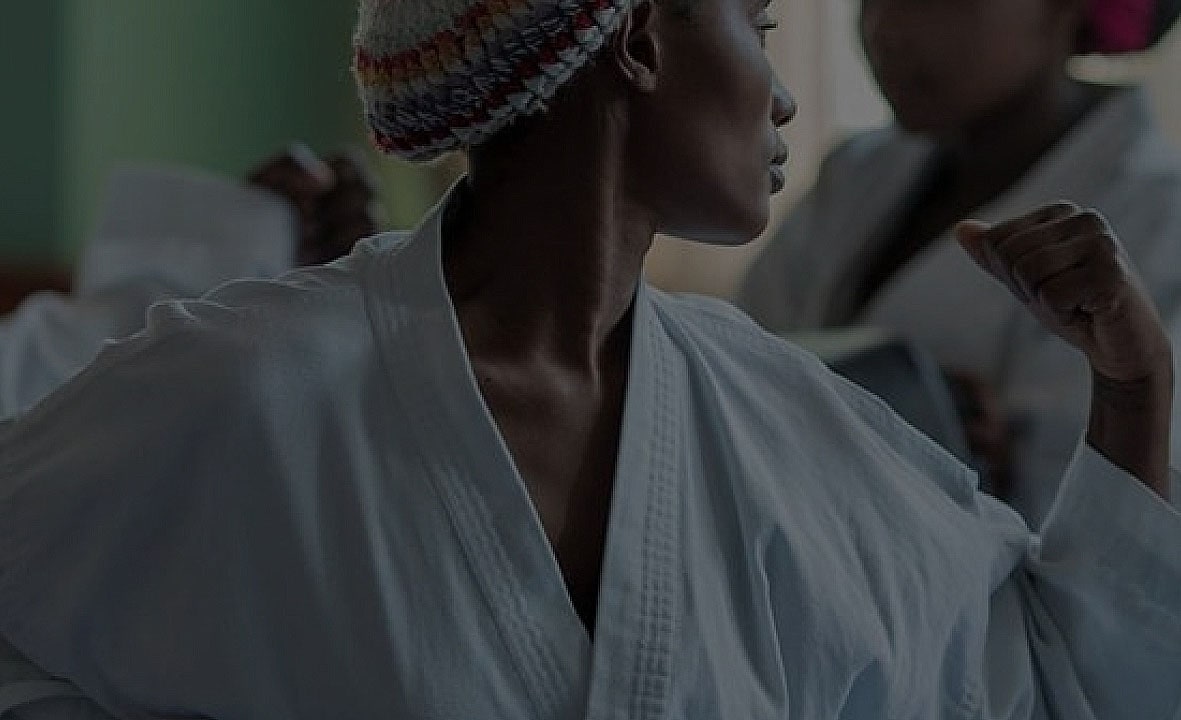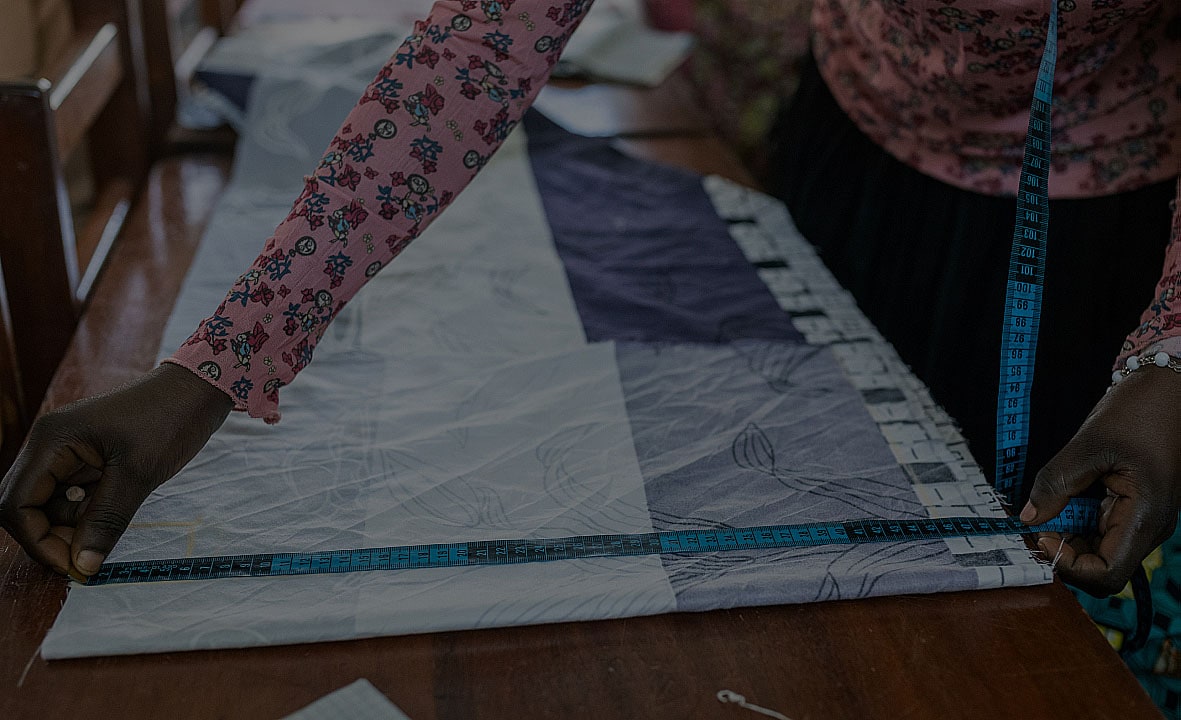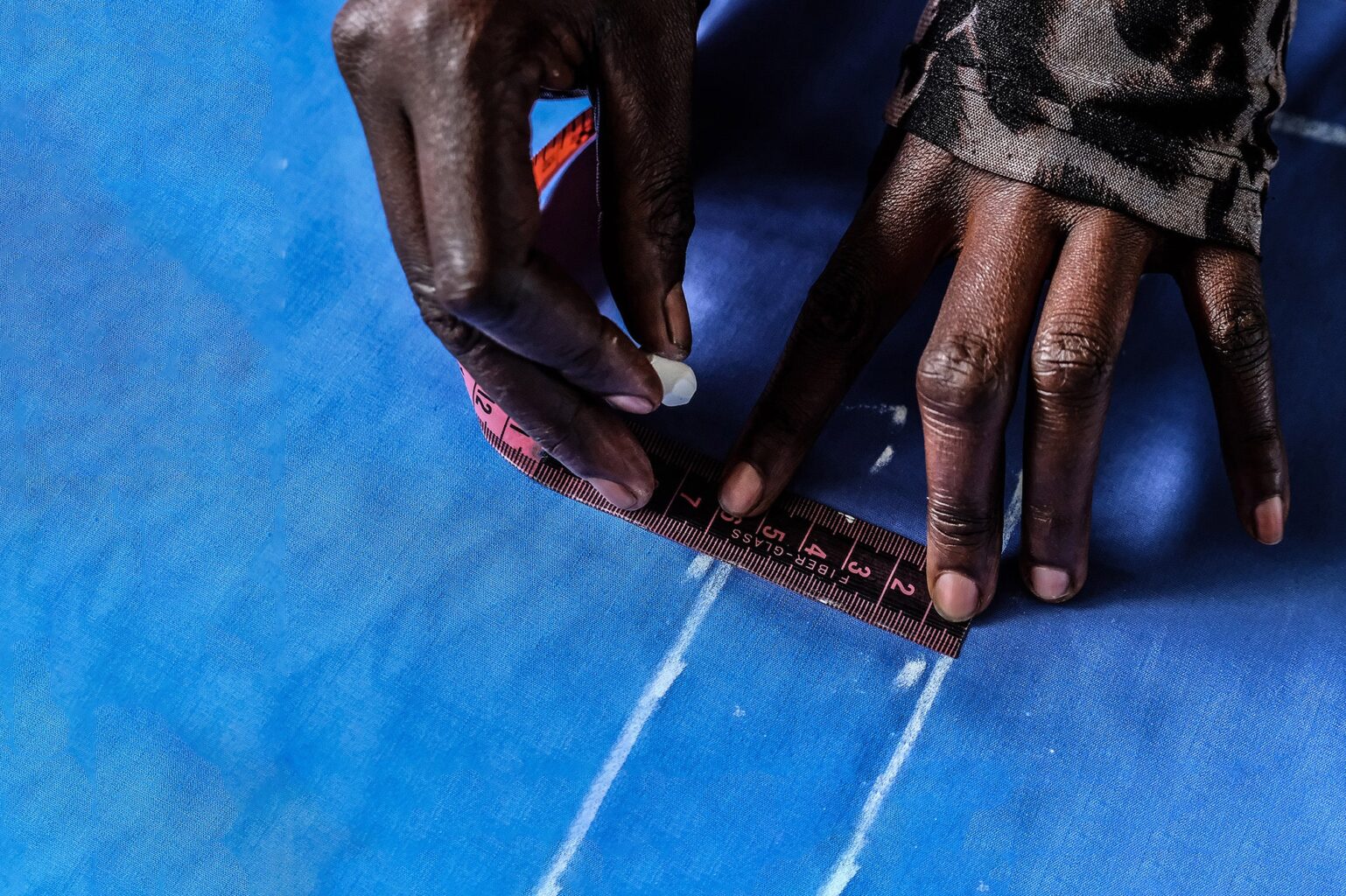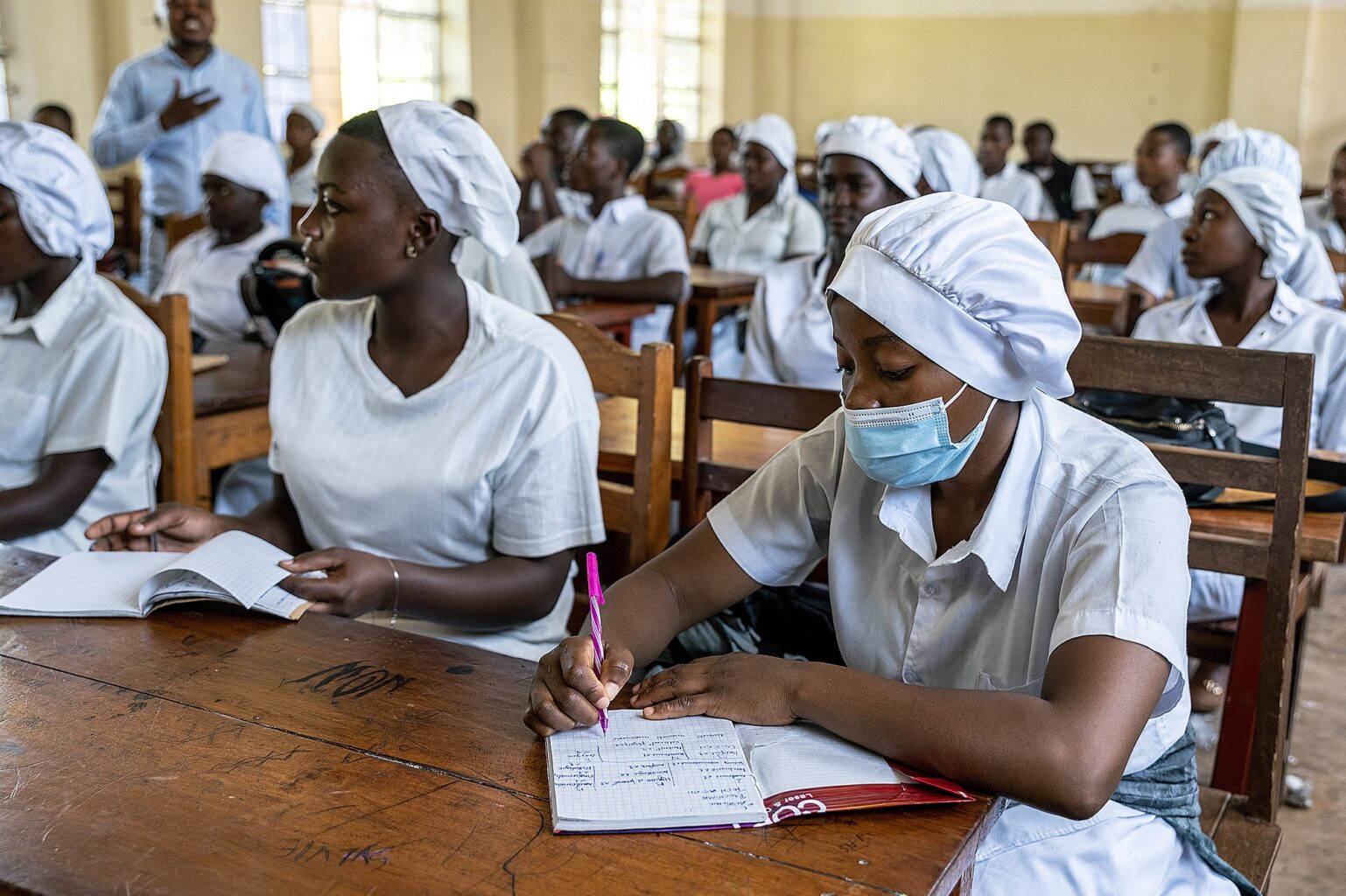The conflict in Eastern DRC has resulted in countless human rights abuses, displacement of millions, and a humanitarian crisis of unprecedented scale. Immediate action is needed to bring peace and stability to the region.
- Who We Are
-
About PANZI
Panzi Foundation & Hospital is a nonprofit organization headquartered in Bukavu, Democratic Republic of Congo, with a satellite office in Washington, D.C.

Stay up to date with what we are doing! Sign up for our newsletter today!
-
- What We Do
-
- Why It Matters
-
Our Impact
As a Congolese organization, we work with Congolese people, for Congolese people, to find sustainable solutions to pressing issues. From response to prevention, we are innovating for a stronger Congo.
The Crisis
Solutions & impact

Keep up with our most recent activities!
-
- Panzi Hospital
-
About panzi hospital
Panzi Hospital is a general hospital in Bukavu, DRC. Founded by Dr Denis Mukwege in 1999, Panzi is world-renowned for its treatment of survivors of sexual violence and gynecological injuries.
FOR PATIENTS
FOR Supporters

Our state of the art facility ensures that everyone has access to quality healthcare.
-
- Join Us
-
Join Us
While we always welcome financial contributions, we also need donations of time, creativity, and skill—from fundraising and education to action on a global scale.
Be an Advocate
Become a Partner
Join us in healing survivors and communities in the DRC!
-



